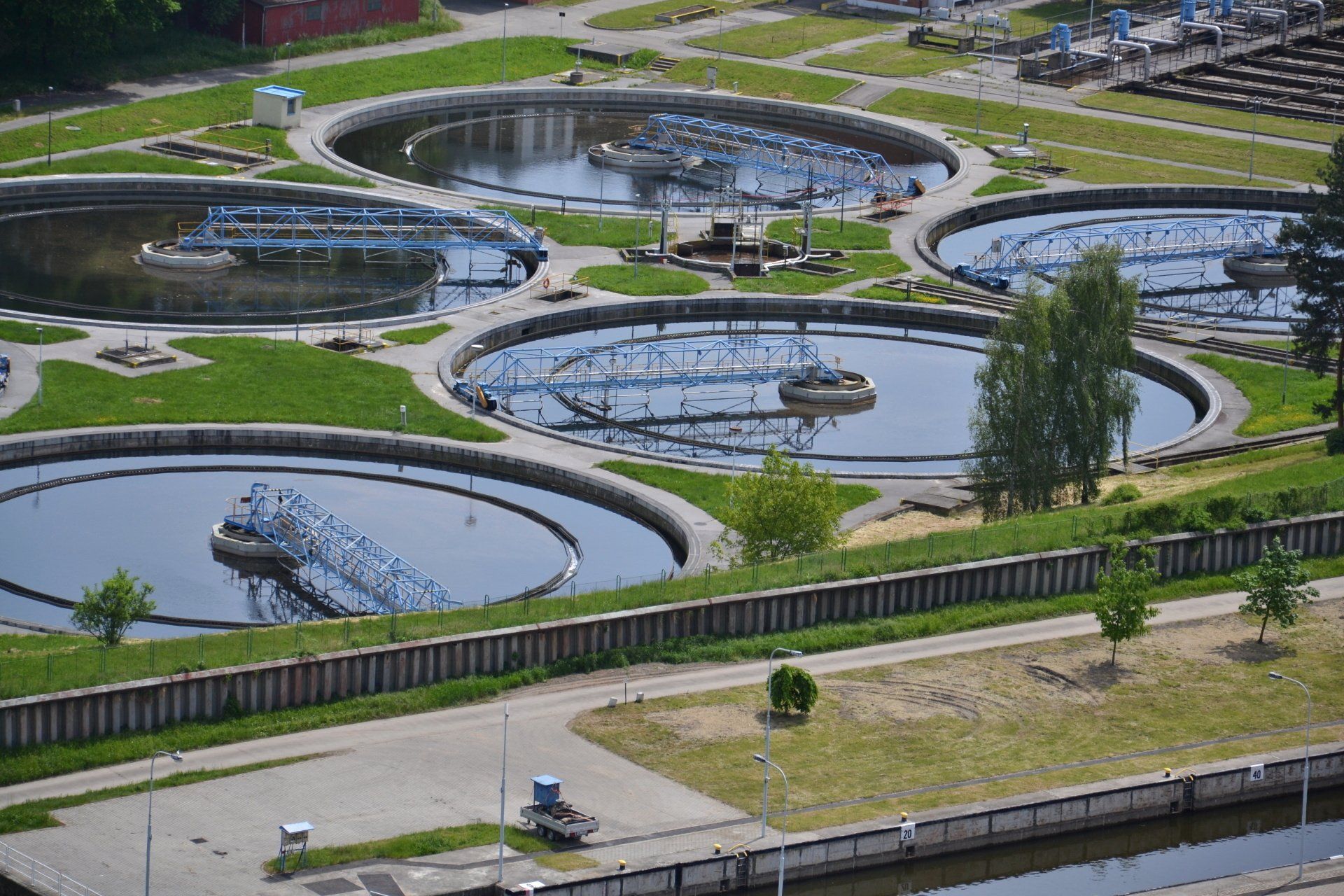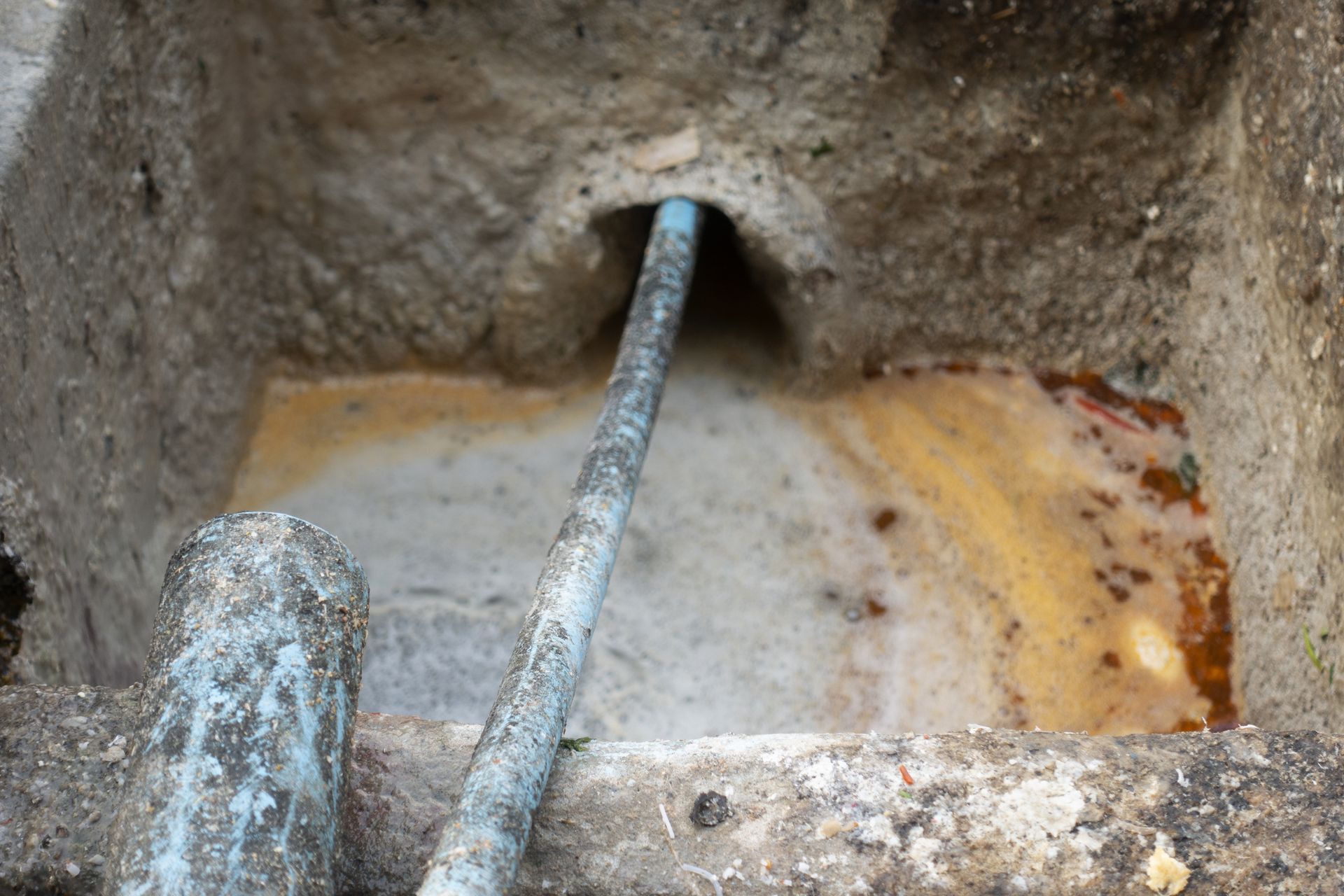Call Today for a FREE Quote
(404) 419-6887
Are Water Treatment Plants Good for the Environment?

Water treatment plants are not only good for the environment, but they are also vital for public safety. Everybody needs clean drinking water because drinking contaminated water can cause illness or death. Water treatment plants prevent water scarcity in metro areas and help ensure everybody has access to safe drinking water.
What Is Water Scarcity?
Water scarcity means water is scarce or not available due to a shortage in the clean water supply. Water scarcity is an alarming crisis due to higher demand for water and drought conditions in some regions of the world.
Analysts project we’re quickly nearing a time when our capacity to treat water will be overwhelmed by demand. This demand is largely a result of increased water use in agriculture and manufacturing, with their water needs projected to grow by 400 percent by 2050.
Water treatment plants fight water scarcity by treating contaminated water, increasing the total supply of water available for cities in Georgia.
What Is a Water Treatment Plant?
It would be difficult for large cities like Atlanta to exist without efficient water treatment plants. Even if large populations could survive without convenient access to potable water, waterborne disease would take a significant toll on public wellness without water treatment.
Water treatment plants guarantee there is a constant supply of clean water. While the Earth’s surface is about 71 percent covered in water, most of the water is salinized ocean water. Desalination, rainwater harvesting and wastewater treatment are a few of the ways water treatment plants keep up with the ever-increasing demand for water.
Desalination
Desalination is the process of removing the salt from seawater. Desalination is important because people cannot survive on salt water. By converting salt water into fresh water, it is one step closer to being safe to drink.
Desalination is not commonly used in the United States. The only countries where a significant percent of potable water is derived from salt water are in the Middle East and North Africa. The cost of desalination is roughly double that of recycling wastewater. However, water scarcity may drive wider adoption of desalination in the U.S. in the future.
Rainwater Harvesting
Rainwater harvesting is when rainwater is collected so it can run underground and replenish the underground supply of groundwater. Groundwater is water that flows in reservoirs under the Earth’s surface. These reservoirs are accessed via water pumps and wells.
Wastewater Treatment
Wastewater treatment is when wastewater is decontaminated and returned to the environment so it can be reused in the future. Humans waste a lot of water every day, and wastewater treatment helps reduce humanity’s carbon footprint.
Water Treatment Phases
Water treatment typically occurs in two phases. The first phase is the preliminary phase where dirt/sediment and most of the particulate matter is removed. After this first step the water moves on to the tertiary treatment phase, where it is decontaminated with a small amount of chlorine.
How Water Treatment Benefits People
Water treatment goes far beyond fulfilling the bathing, washing, cooking and drinking needs of people in Georgia.
Water treatment also plays a significant role in helping humans eat because farmers require water to grow crops. Industrial water is also used to fabricate and process all types of manufactured products, from smelting and petroleum refineries to chemical production and the creation of paper products.
People also enjoy water, using it to fill pools, fountains and many other everyday luxuries that are frequently taken for granted. Without water treatment, potable water might be too precious to waste on such luxuries.
How Water Treatment Benefits the Environment
Water treatment also has an impact on the environment. Treating wastewater helps protect natural bodies of water like lakes, streams, rivers and more from waterborne pollutants.
Water treatment can also help keep water levels high. Rain may replenish those bodies of water, but during times of drought, some rivers and lakes could dry up and fail to meet demand.
Overuse of natural bodies of water also harms the animals who must rely on them. Water treatment methods are environmentally friendly practices that help reduce the pressure large metro areas like Atlanta put on the ecosystem.
Help Southern Green in the Fight Against Water Scarcity
Southern Green is Georgia’s greenest grease trap cleaning company, and we strive to do everything we can to make the planet as healthy as possible. One of the ways we ensure our grease trap cleaning services are environmentally friendly is by running our own high-quality wastewater treatment plant.
Water scarcity is not going anywhere, so it is up to everybody to play their part in the conservation of water. Please contact us today at (404) 419-6887 for a free quote.
Recent Blog Posts
Contact us Today for a FREE Quote
We are committed to making grease trap cleaning and fryer oil recycling as clean and easy as possible. If you’d like to learn more about our services or get a quote, give us a call at (404) 419-6887.
Southern Green Industries is an Atlanta owned and operated grease trap cleaning and fryer oil recycling company operating in Atlanta and throughout the entire state of Georgia.
All Rights Reserved | Southern Green Industries | Built by REV77


